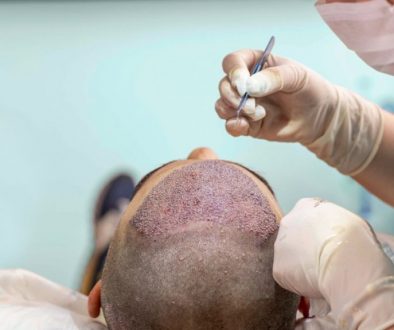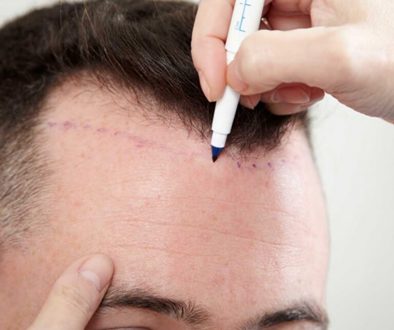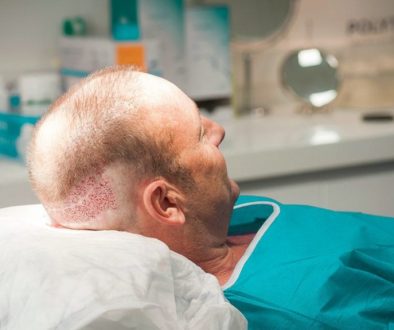Am I a Good Candidate for a Hair Transplant?
Am I a Good Candidate For a [tag]Hair Transplant[/tag] ([tag]HT[/tag])?
This is a very common question, and unfortunately, only a qualified [tag]hair transplant physician[/tag] will truly be able to determine whether or not you are a good candidate.
That being said, here are some general principles to consider:
- Typically it is recommended for a person thinking about a hair transplant to try [tag]hair loss medication[/tag] first. Finasteride and Minoxodil are the only two FDA approved drugs that have proven to be effective to date. [tag]Laser Therapy[/tag] has been recently [tag]FDA[/tag] approved, however, there has been a lot of debate whether or not it has been approved for efficacy as well as safety. Click here for more information.
- Younger people are typically not good candidates for [tag]hair transplantation[/tag] surgery, however, there can be cases made for it based on several conditions. See: Am I Too Young for a Hair Transplant
- Anyone who has just started to lose their hair is typically not a good candidate for a hair transplant.
- [tag]Diffuse thinners[/tag] CAN BE good and sometimes the best candidates for a hair transplant typically yielding the most cosmetically pleasing benefit, assuming the donor area is not being effected such as in medical related conditions such as [tag]Telogen Effluvium[/tag]. But be careful…losing more hair could result in a thinner appearance. This is why hair loss medication is highly recommended!
- It typically takes more [tag]follicular unit grafts[/tag] for a cosmetically pleasing result in the crown than the hairline and frontal third of your scalp. This doesn’t mean those considering hair transplantation should rule out grafting the crown. It only means that one must strategize appropriately with your use of follicular unit grafts.
- People who have stopped losing hair or whose hair loss has slowed down are typically good candidates for a hair transplant. Alternatively, those whose hair loss is NOT under control should first try the hair loss medication to see if that will help bring it under control.
Since each case must be taken individually, however, this list above should only be used as a guide. This is why it is extremely important to select a first-class hair restoration physician that is right for you.
Keep in mind that IF it’s determined that you are a good candidate for a hair transplant, that you MIGHT need more than one hair transplant.
Additional hair transplant surgery may be warranted if:
- You lose more native hair after your [tag]hair restoration[/tag] procedure
- You have excessive [tag]hair thinning[/tag] or [tag]baldness[/tag] and need more than 1 [tag]hair transplant surgery[/tag] to accomplish your goals
- You want to add more density because the initial result gave you a thinner appearance that you anticipated.
Bill
Associate Publisher of the Hair Transplant Network and the Hair Loss Learning Center
View my Hair Loss Weblog



